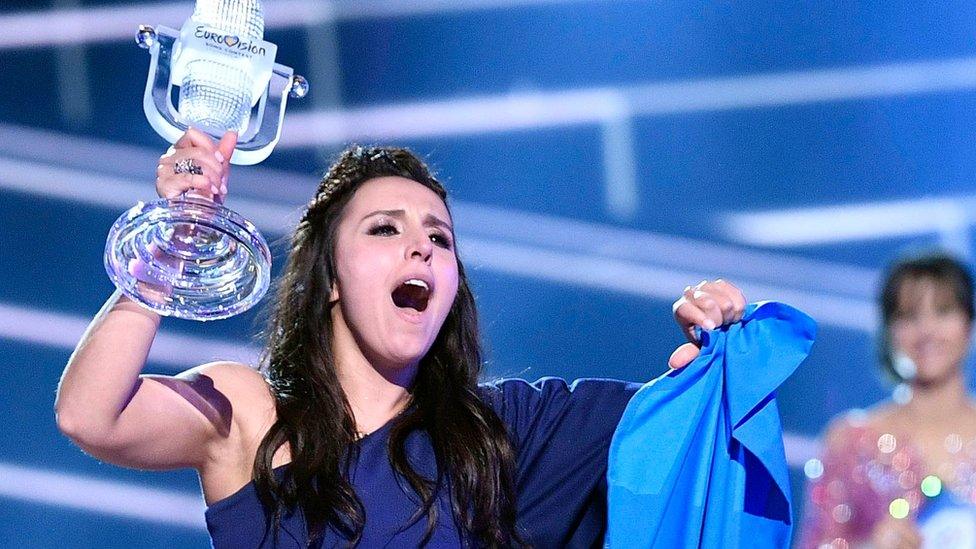Eurovision Song Contest: Bluff your way through this year's show
- Published
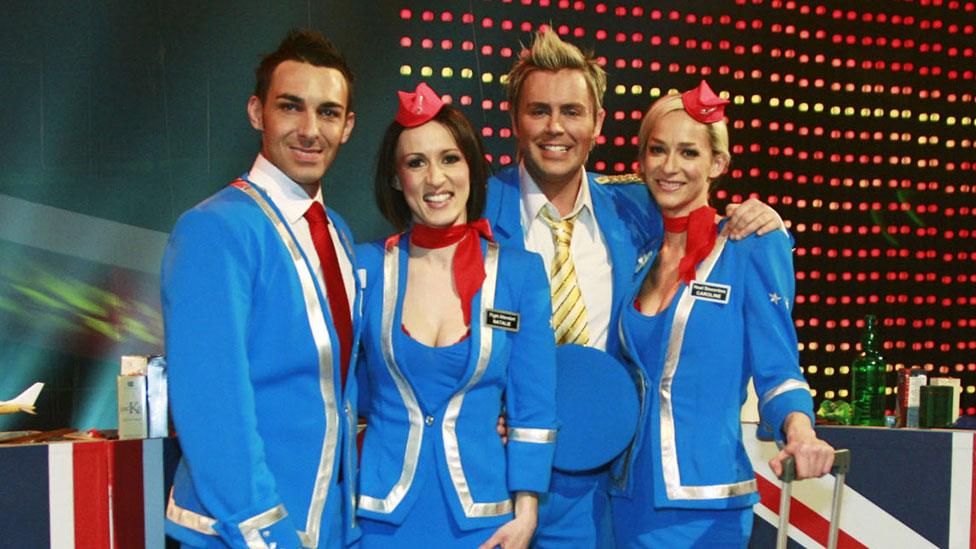
Who can forget Scooch, who flew the flag for the UK 10 years ago?
Break out the sequins and pop the champagne - it's Eurovision time again.
It's that time of year when delegations from across Europe - and further afield - come together to find out which country will be crowned the winner of the annual song contest-cum-live TV spectacle.
This year marks the 62nd edition of the international gathering that, over the years, has brought us such gems as Waterloo by Abba, Making Your Mind Up by Bucks Fizz and Flying the Flag by Scooch.
For some it's a deluge of gaudiness, kitsch and music to make your ears bleed. To many aficionados, though, it's a yearly delight that can be relied upon to deliver emotion, tension and laughter in bucketloads.
Here's what you need to know ahead of this year's event.
1) It's actually three events
When Eurovision started in the Swiss resort of Lugano back in 1956, only seven countries took part. Each country submitted two songs each, with host country Switzerland eventually winning.
But over the years there has been a steady rise in participating countries - so steady in fact that the contest is now preceded by two semi-finals.
The first semi took place on Tuesday, with the second following on Thursday. The aim is to whittle the semi-finalists - 36 this year - down to a more manageable 20.
Those 20 progress to the final on Saturday, when they will be joined by the so-called "big five" - France, Germany, Italy, Spain and the UK - and host nation Ukraine.
The "big five" get an automatic pass to the final as they pay the most towards keeping the contest going.
Once the final starts it's a level playing field, with all 26 acts at the mercy of the juries and viewers who cast their votes on the night.
The winning act is awarded a glass trophy in the shape of a microphone, and their country is given the right to host the following year's contest.
2) How does the voting work?
Before last year, each competing country's jury and public votes were combined and announced at the same time.
But now the votes are split, with each country's jury vote cast first, and votes from viewers in all countries combined and announced at the end.
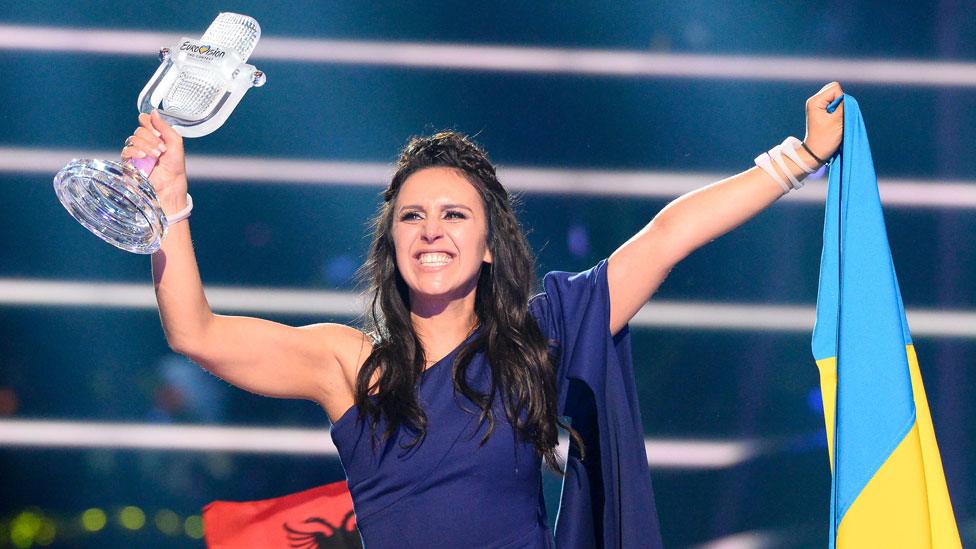
Jamala pulled off a shock last year by winning for Ukraine
This can result in dramatic reversals - as was shown at last year's contest, when Ukraine's entry leapfrogged Australia's at the last minute to claim the top spot.
3) There have been 64 winners
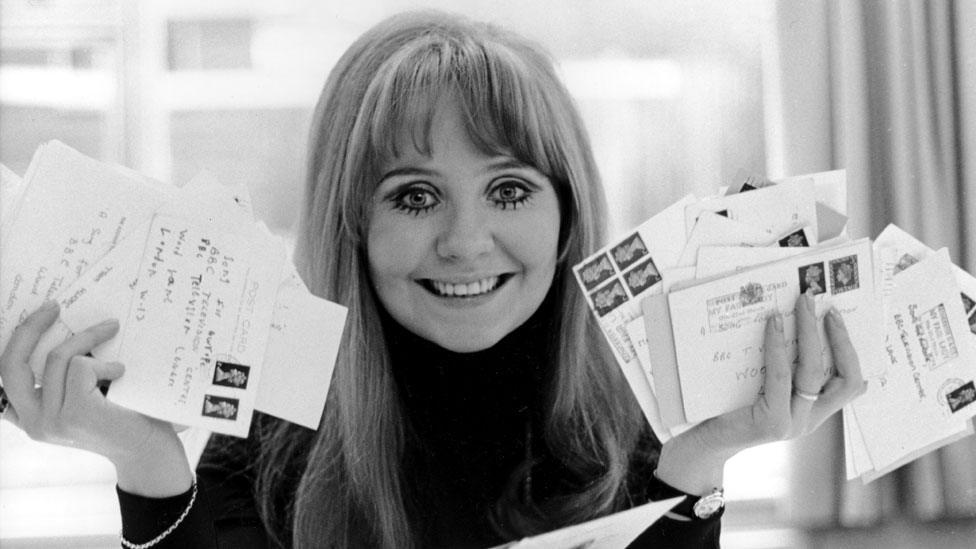
Lulu represented the UK the year the contest ended in a four-way tie
There have been 61 contests to date, but 64 winners. That's because the 1969 contest resulted in a four-way split, with France, Spain, the Netherlands and the UK all ending up with the same points tally.
The so-called voting "scandal" led to a change in the rules that ensured there would always be just the one overall winner in future.
Ireland lead the way on the all-time leader board, having won the contest seven times between 1970 and 1996.
Sweden has won six times, while the UK has five victories under its belt along with France and Luxembourg.
4) The UK hasn't won lately
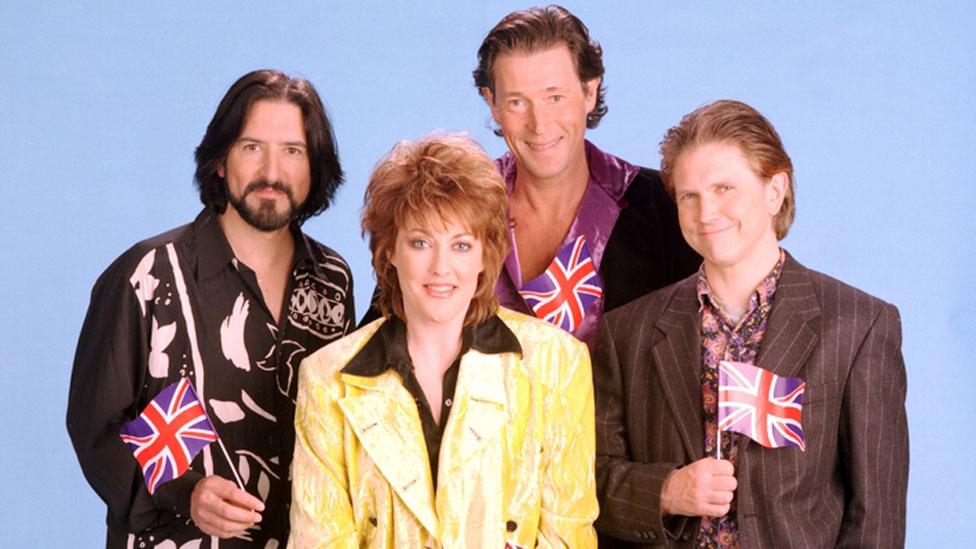
Katrina and the Waves were the last act to earn the UK the coveted top spot
The UK's last triumph came in Dublin 20 years ago, when Katrina and the Waves stormed to victory with Love Shine a Light.
Since then we've had distinctly mixed fortunes, with three last-place finishes and a dreaded "nul points" in 2003.
Recent attempts to better our lot by enlisting the likes of Blue and Engelbert Humperdinck have had little impact on how we've performed.
Indeed, it's been eight years since we even finished inside the top 10.

This year it will be Lucie Jones who'll be representing us with Never Give Up on You, a tender ballad co-written by the Danish singer-songwriter who won the contest in 2013.
Jones, 26, has dismissed suggestions she might suffer as a consequence of Britain's decision to leave the EU, insisting she is "not worried, external" about a potential Brexit backlash.
5) Australia's in Europe now
The decision to give Australia a wild card entry in 2015 was a surprise to many, not least those in possession of an atlas.
Yet it was considered a successful enough experiment for the Land Down Under to compete for real in 2016 - and they'll be back again this year to try their luck once more.
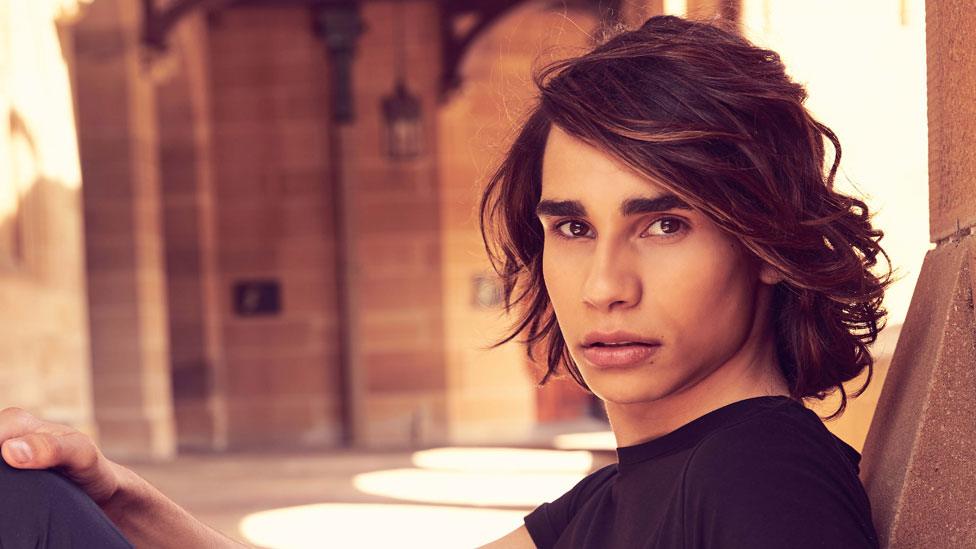
Isaiah is a former winner of the Australian X Factor and has 11 siblings
Seventeen-year-old Isaiah Firebrace, the first indigenous male to represent Australia at Eurovision, will be hoping he can go all the way with his ballad Don't Come Easy.
The appearance of Justin Timberlake at last year's event led to speculation, external the United States might also be invited to participate at future Eurovisions.
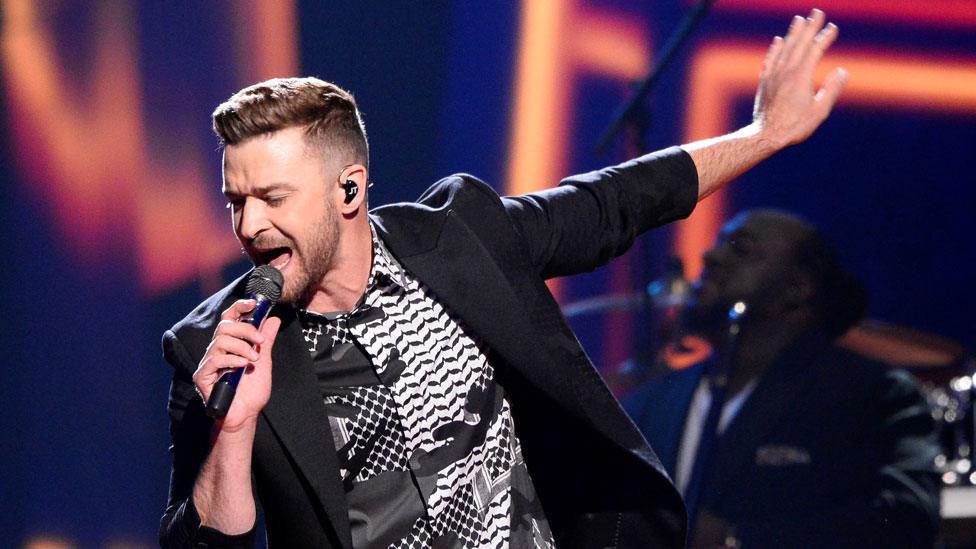
Timberlake performed Can't Stop the Feeling in Stockholm last year
6) Where's it being held?
This year sees the contest make a return visit to the Ukrainian capital Kiev, 12 years since it was first held there in 2005.
This year's contest comes from Kiev's International Exhibition Centre, external, a giant complex with capacity for up to 11,000 spectators.
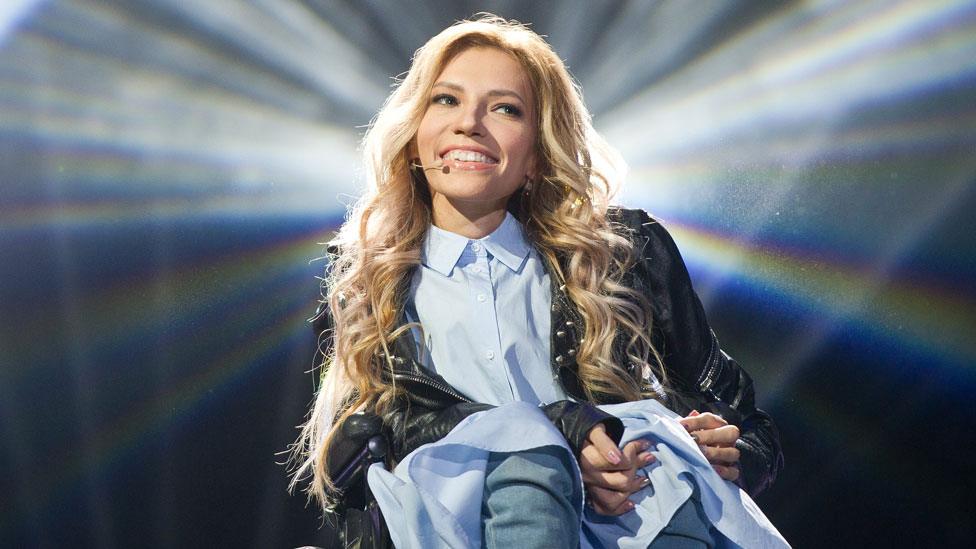
Julia Samoilova was barred from the contest due to her visiting Crimea in 2015
The run-up to the contest has been dominated by a diplomatic row between Ukraine and Russia over the Russian entrant, 27-year-old Julia Samoilova.
Ukraine refused to allow her to perform at the contest because she has visited Crimea, the peninsula seized by Russia in 2014.
Last month Russian broadcaster Channel One announced it would not be broadcasting this year's event, removing any chance of Russia taking part.
7) Why should we care?
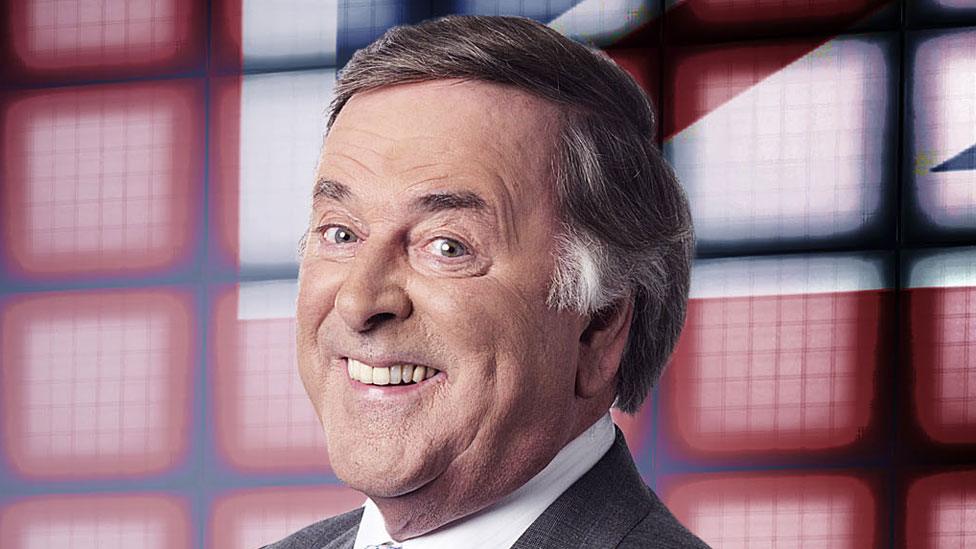
Sir Terry Wogan was a Eurovision fixture for many years
Thanks in part to the mocking asides that Sir Terry Wogan, external used to issue from his commentary booth, Eurovision-bashing has become a national pastime for us Brits.
Yet the competition is taken extremely seriously by some of our neighbours on the Continent, many of whom see competing in the contest as a badge of national pride.
Eurovision's legion of die-hard fans take it very seriously too, travelling to the event in numbers to support their country's act and enjoy the party atmosphere.
And it can also launch careers, as Michael Flatley discovered when he took to the stage with Riverdance, external during the 1994 contest in Dublin.
8) Where can I watch it?
The first semi-final will be shown on BBC Four on Tuesday at 20:00 BST. You can also follow it online on a special BBC live page.
The second semi on Thursday is on the same time and place - and there's a live page for that too.
The final will be shown on BBC One on Saturday, with Graham Norton commenting on the action from 20:00 BST. You can also follow the final online.

Follow us on Facebook, external, on Twitter @BBCNewsEnts, external, or on Instagram at bbcnewsents, external. If you have a story suggestion email entertainment.news@bbc.co.uk, external.
- Published9 May 2017
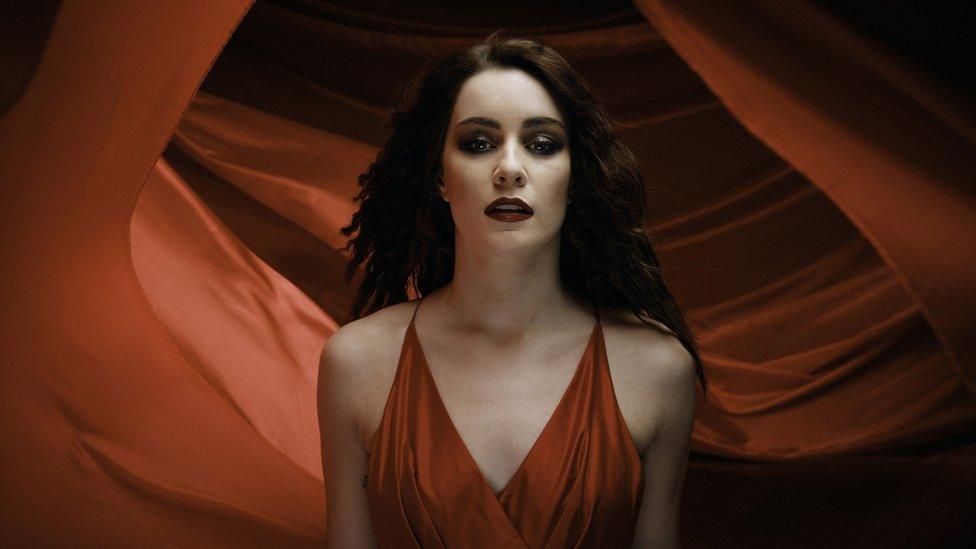
- Published9 May 2017
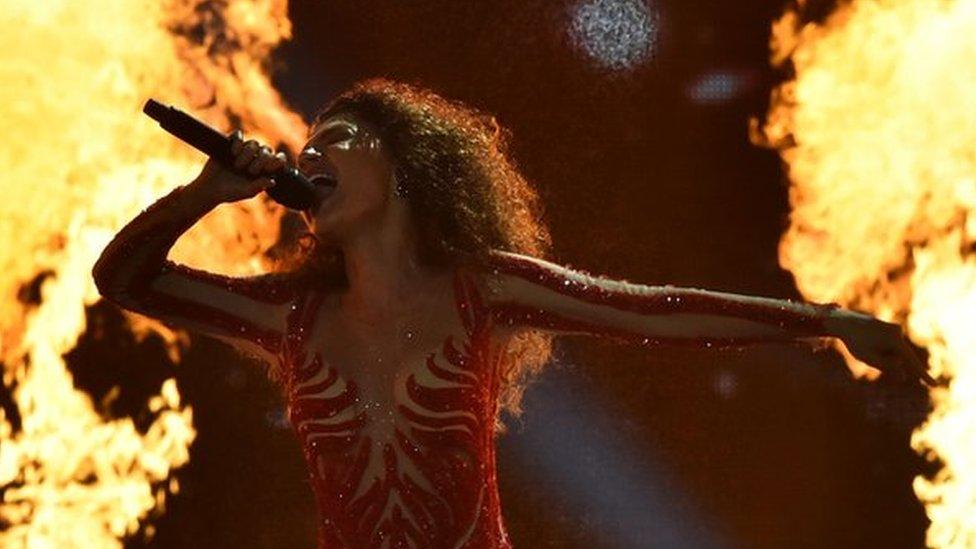
- Published14 April 2017
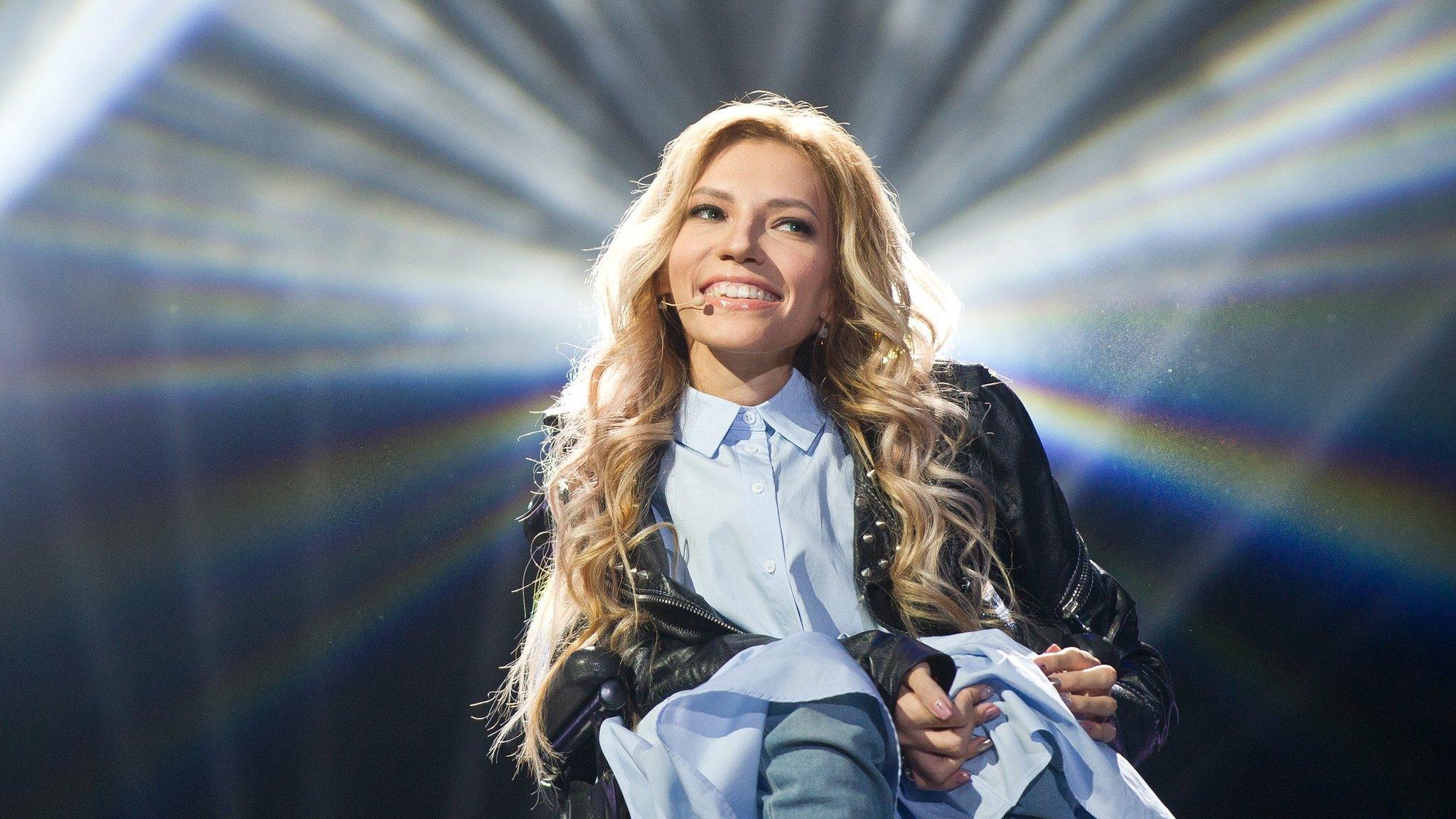
- Published30 January 2017
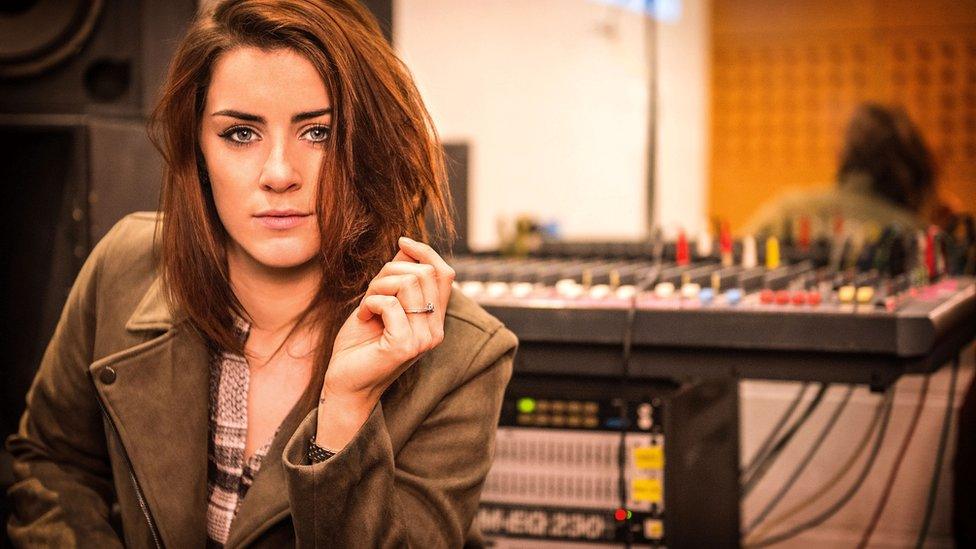
- Published9 September 2016
